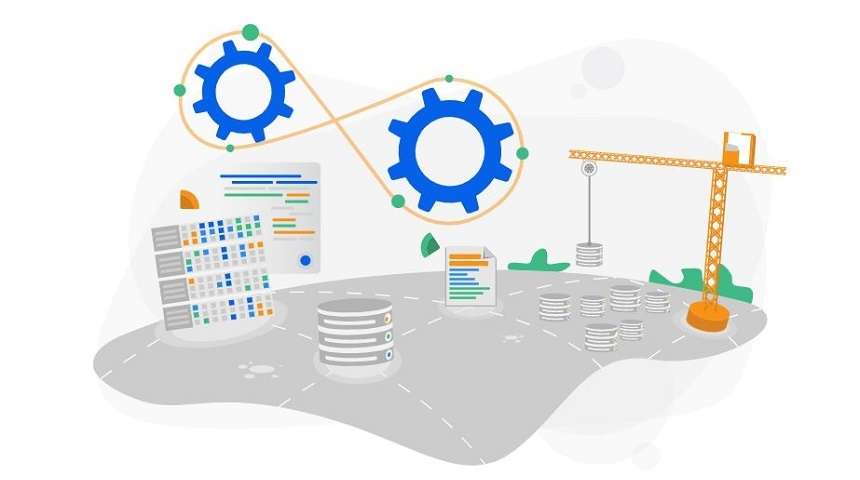In basic terminology, DataOps is a collection of technical practices, workflows, cultural norms, and architectural patterns that enables rapid innovation and experimentation delivering new insights to customers with increasing velocity, extremely high data quality and very low error rates, collaboration across complex arrays of people, technology & environments, and clear measurement, monitoring, and transparency of results.

For DataOps to be effective, it must manage collaboration and innovation well. For that, DataOps have introduced Agile Development into data analytics so that data teams and users can work together more efficiently and effectively.
Must Read: What is Fog Computing?
DataOps, also understood as data operations, is an emerging discipline that brings together DevOps teams with data engineer and data scientist roles in order to provide tools, processes and organizational structures that can support data-focused enterprises.
The fact is that enterprises, for long, have struggled to collaborate well around their data, which impacts everything from their digital transformation journeys to adopting advanced concepts like AI and ML. That’s where DataOps helps organizations. It builds, manages and scales data pipelines that require careful thought around reusability, portability across infrastructure & applications and long-term maintenance & governance. The DataOps technology stacks the need to focus on providing key capabilities including data extraction, integration, transformation and analysis.
Interesting Read: How Utilization of Blockchain Looks Like in Cloud Computing
The technology of DataOps has been around for nearly a decade now but it just recently gained momentum owing to the overwhelming challenges faced by companies today, whether it’s dealing with large, complex sets of data or integrating with new technologies like the internet of things (IoT), cloud computing, and channelizing the power of big data that is now being integrated into everyday use.
Did you know that companies are generating 50 times more data than they were just five years ago?
With more data comes a need for greater efficiency and higher demand for data experts. That said, DataOps potential impact on businesses might lead you to think of it as a new fundamental methodology. You also might not know that many companies have already been using similar practices to deal with some aspects of data management, particularly around data warehousing and analytics and just like DevOps, DataOps isn’t a product but rather a cultural shift supported by many products—many existing products.
So for the businesses that are looking to adopt DataOps must consider what tools do they already have like as enterprise data warehouses and ETL tools, and what they may need to acquire, replace or modernize. That’s because, in the end, companies will land up with several systems to support the data pipeline.
Recommended Read: Disclosing Cloud Computing Myths
For more articles like “What is DataOps?”, follow us on Facebook, Twitter, and LinkedIn.